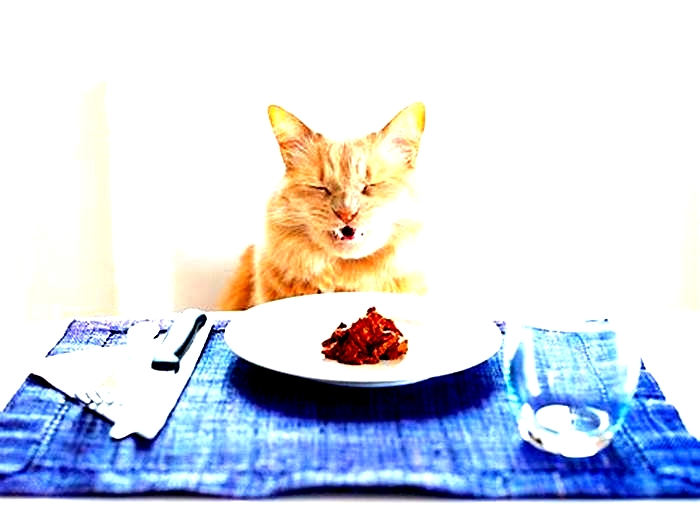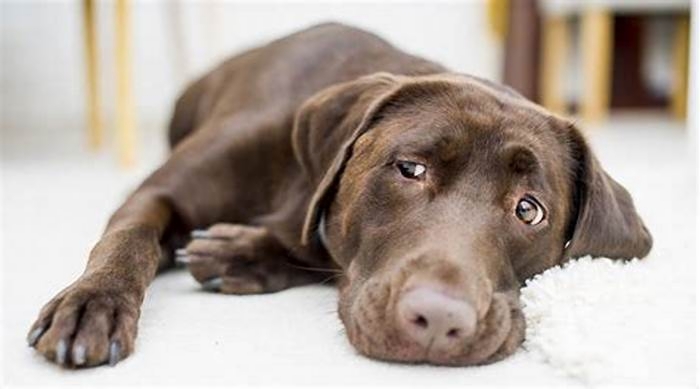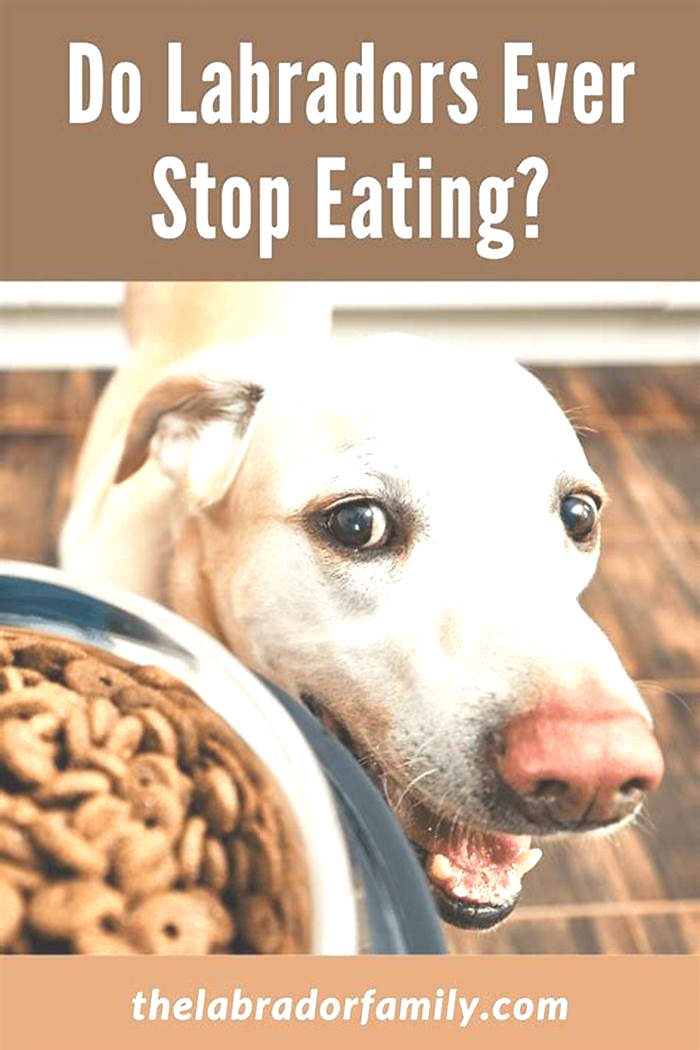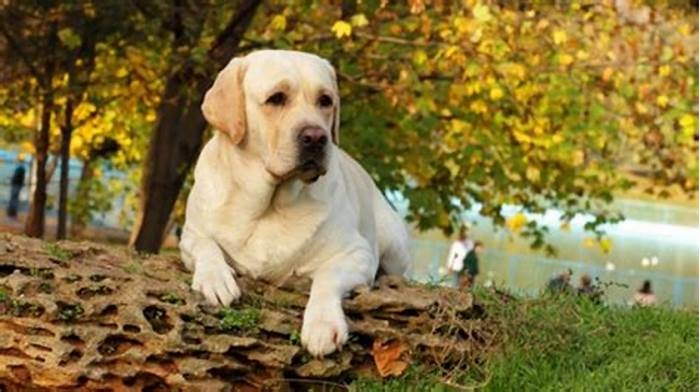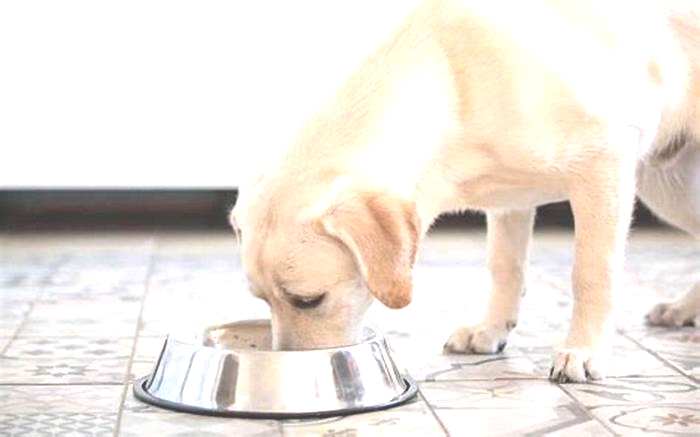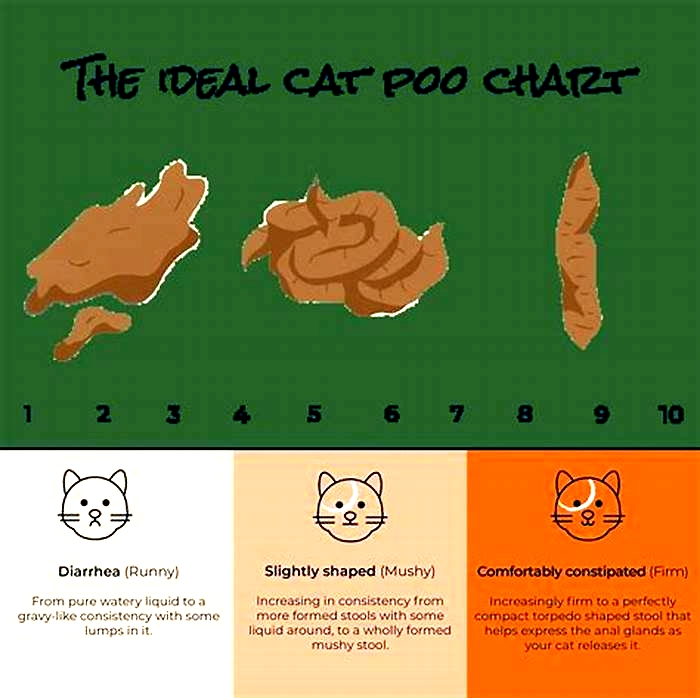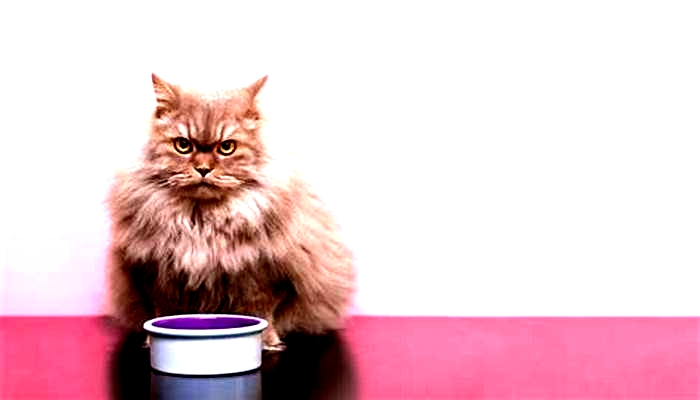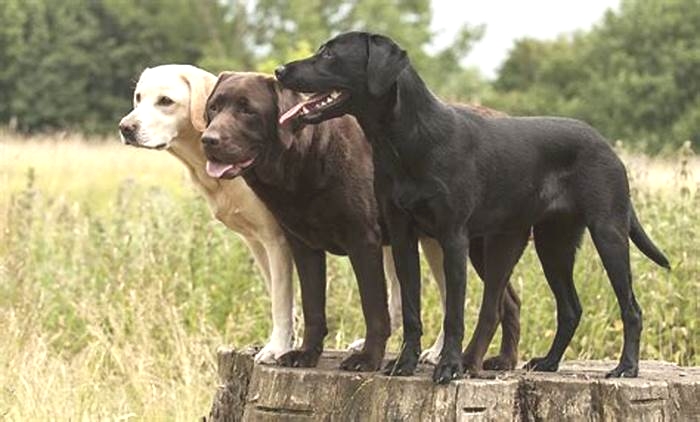Do cats stop eating when full
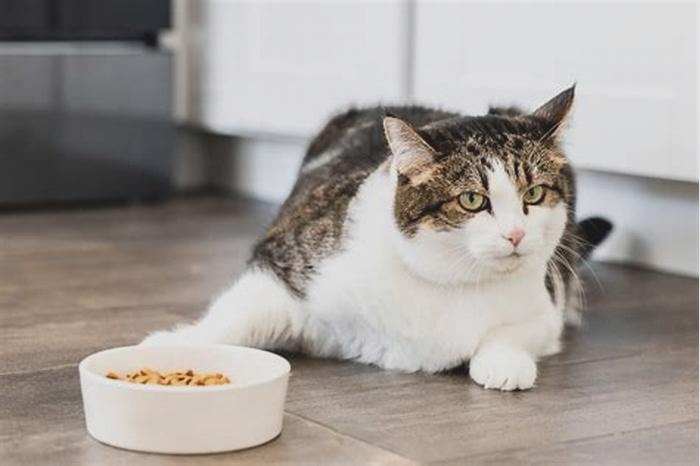
Do Pets Know When They Are Full?
I often get asked what, how much, and when to feed dogs and cats. I dont have a standard answer, because it depends on the specific animal. Some animals can be free-fed and will stop eating when they are full, while others will gain weight with just the occasional table scrap. Similar to people, some of this is genetic and some is environmental.
When to Feed Your Dog or Cat
As for when to feed your pet, most healthy adult dogs and cats can have their bowls filled once or twice per day. Whether the animal is required to eat the food all at once or it can sit out is up to you and them. Dogs who are fed meals on a regular schedule will have more predictable potty requirements, which may be important to your lifestyle. But some dogs, and many cats, prefer to nibble throughout the day.
If your adult dog or cat has always been offered meals and eaten them quickly, suddenly switching to unlimited quantities of food (so there is always food in the bowl) will not end well. But if you have a puppy or kitten or are planning to add one to your family, those first few weeks will tell you what kind of eater your new fur baby is. For adult animals, it is easier to switch to meal feeding, but it is possible to try to spread out their food throughout the day. Slow feeder bowls or automatic feeders can help, too.
Of course, you may be in the situation where one dog is a fast eater and the other would slowly graze all day if she could. This definitely complicates things but also gives you an opportunity to be creative. I like the idea of being able to feed each pet in the way they prefer, so long as they are healthy. Maybe putting a bowl up high or under a short table will prevent one or the other pet from getting extra food. Or maybe they just need to be separated for feedings.
When I visit my parents, I have to put my dogs food upstairs where my parents dog cant get to it. My dog free-feeds while my parents dog eats any food immediately. I have clients who put the bowl of dry food in a box with a narrow entrance so that the lean cat can free-feed but the chubby cat on a diet only eats at meal time. There are also tech tools to facilitate differential feeding for pets, such as microchip-activated bowls, if that is your style.
How to Break Bad Eating Habits in Pets
Some dogs and cats only eat when they are hungry. Others will eat whenever there is food. But just as I can be full and still find room for ice cream, a pet always has room for table scraps. I often hear from pet parents that the dog wont eat, so they add chicken or something else delicious to the food as an enticement. That might be necessary for very finicky eaters, but usually the dog or cat who needs something special is overweight and isnt cleaning the bowl because, well, he or she isnt hungry enough to eat it all. Its like the idea that if you arent hungry enough to eat an apple, you probably arent hungry. The same applies for (most) animalsif they arent willing to eat their nutritionally balanced dog or cat food, they probably arent hungry.
Often, pet parents are reinforcing these bad habits in their animals. Cats and dogs quickly learn that if they wait to eat their food, their humans will add more delicious things to the bowl. They also learn to beg in the kitchen or at the table because it has been reinforced with a reward one or many times in the past. I am not against dogs and cats eating human food, so long as it is unprocessed, neither too salty nor too fatty, and only in small amounts. This basically means fruits, vegetables, and bland low-fat meat like boiled chicken or drained ground turkey. But these treats should never be given at the table or in response to begging.
Your pet might protest. Healthy dogs and cats can choose not to eat for a day and there is nothing wrong with them. You can outlast them. If overweight or sick animals dont eat, that can be a sign that they need to see a veterinarian immediately. Overweight animals, especially cats, should not be deprived of food because this can lead to metabolic problems. But your otherwise healthy, chubby dog can protest by not eating for at least a full day. Do not give in. Lean dogs live longer, healthier lives and are more comfortable in their older years.
Remember, the little extras add up. Your dog or cat probably knows when she is full. Dont help her pack on the pounds by giving extras.
Dr. Elfenbein is a veterinarian and animal behaviorist located in Atlanta. Her mission is to provide pet parents with the information they need to have happy, and healthy, and fulfilled relationships with their dogs and cats.
Do Cats Know When to Stop Eating? Vet Approved Facts & Care Tips
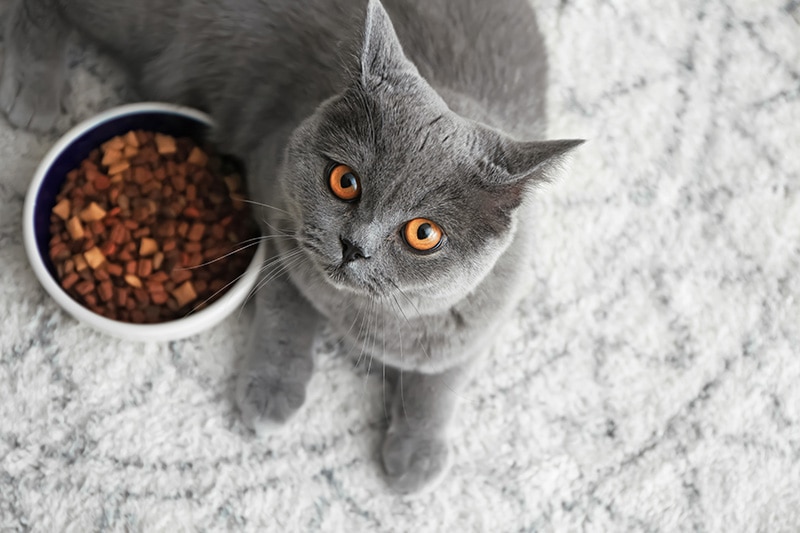
The information is current and up-to-date in accordance with the latest veterinarian research.
Learn moreCats are wonderful pets, but they often seem to have a never-ending hunger. They will almost always come running for food, especially if you rattle a bag in the kitchen, which can make many owners wonder if they know when to stop eating.
While some cats will stop eating when they are full, others will overeat and gain weight. There are a number of reasons for the differences between individual cats. Keep reading to find out why cats take their food so seriously and actively seek it out throughout the day.
Do Cats Know When to Stop Eating?
Many cats know when they are full and will stop eating at that time. If there is any food left in their bowls, theyll just leave it. A healthy cat that eats two meals a day may not become hungry again until the next day. However, other cats will continue to eat even when full and gain weight. Obesity affects around 60% of domestic cats in North America and can make them more prone to a variety of health conditions, so its important to keep your pet at a healthy weight. Cats can overeat for a variety of reasons, some related to the individual and some to their environment.
The 7 Reasons That Your Cat Might Eat Too Much
1. Social Interaction
Cats can associate feeding times with human interaction and attention. Your cat might seek out food to spend time with you, receive pets, or enjoy your company.
2. Boredom
Cats can become bored, especially if they lack mental and physical stimulation. Seeking food can be a way for them to engage in an activity and start an adventure.
If your cat needs a great toy to get the playing started, we recommend our Hepper Catnip Stick Toy. These sturdy, dual-layer sticks are hand-made in the USA and filled with 100% organic catnip. Choose from a fun range of pastel colors and give your cat hours of playtime!
Hepper Stick Catnip Cat Kicker Toy- No Filler - Like all the best cat toys our is stuffed with 100% organic catnip. Cheap cat toys with...
- Flexible Play - Simple plush shape is great for biting, scratching and pawing. It can start life as...
3. Stress or Anxiety
Some cats may turn to food as a source of comfort when they are stressed or anxious. Overeating or food-seeking behaviors can be a response to environmental changes, conflicts with other pets, or other stressors, like a new cat being brought into the family. It is important to note that stress and anxiety can conversely also cause a reduction in appetite.
Pet parents with anxious kitties know the pain of watching their companions be uncomfortablethats where the Hepper Nest Bed comes in. Our product is designed with nervous pets in mind. The bowl shape with high rounded sides comforts your cat to make them feel safe and secure, while the self-warming, sherpa fleece insert and flexible molded foam ensure that they stay as cozy as possible. Learn more about how the Next can calm your anxious pet here.
4. Habit
Cats are creatures of habit, and they may seek out food at specific times because they have established a routine. This behavior might persist even if they are not hungry and can lead to overeating, especially if the food is highly palatable and energy-dense.
5. Health Issues
Certain medical conditions, such as diabetes, hyperthyroidism, or intestinal parasites can cause excessive hunger or changes in eating behavior. If your cat suddenly starts seeking food more often, it could be a sign of an underlying health issue and you should o get them checked out by your vet.
6. Previous Positive Reinforcement
If your cat has received treats or extra meals in the past as a reward for certain behaviors, they may want the same treatment again.
7. Dietary Imbalance
Cats have specific dietary needs, and if their diet lacks essential nutrients, they may seek out additional food to compensate for the deficiency.
Signs of Overeating in Cats
Obesity
One of the most obvious signs of overeating is obesity. An overweight cat can experience various health issues, such as diabetes, arthritis, and heart problems, so its best to monitor their weight regularly so you can notice any changes quickly.
Vomiting
If your cat frequently vomits shortly after eating, it may be a sign that they are eating too much. This could be due to eating too quickly or consuming too much food at once.
Lethargy
An overfed cat may become lethargic and less active than usual, which can indicate that the body is struggling to process excess calories.
Excessive Begging
Cats are not shy about asking for food, but if your cat constantly begs for more, it may be a sign that they are not satisfied with their current diet.
Tips for Ensuring That Your Cat Maintains a Healthy Diet
- Regular check-ups with your veterinarian are essential for monitoring your cats weight and overall health. Your vet can alert you to any developing problems and recommend steps to take.
- Measure your cats food portions to avoid overfeeding. Follow the guidelines on the cat food packaging or your vets recommendations.
- Choose high-quality cat food that meets your cats nutritional needs. Look for options that list real meat like chicken or turkey as the first ingredient.
- While free feeding can work for some cats, its not suitable for others. If your cat is prone to overeating, stick to scheduled mealtimes. Your cat may still prefer to graze on their food throughout the day but dont fill up the bowl when its gone until the next scheduled meal.
- Refrain from feeding table scraps and human food to your cat, as many of these items can be harmful to them. Stick to cat-specific treats instead.
- While treats can be useful for training or bonding, be mindful of how many you offer. Excessive treats can contribute to overeating and weight issues.
- Use interactive feeders and puzzle toys to engage your cats hunting instincts and slow their eating pace, which can be especially helpful if your cat tends to eat too fast.
Summary
Many cats will stop eating once they are full, but not all. An underlying health issue might cause a cat to keep eating, as can boredom, stress, habit, and previous positive reinforcement. Getting your pet into a routine of eating twice per day and feeding them high-quality food can cut down on food seeking between meals. Addressing problems that might be causing anxiety and ensuring that they get plenty of activity each day can also help keep them from constantly looking for food.
Featured Image Credit: Pixel-Shot, Shutterstock

